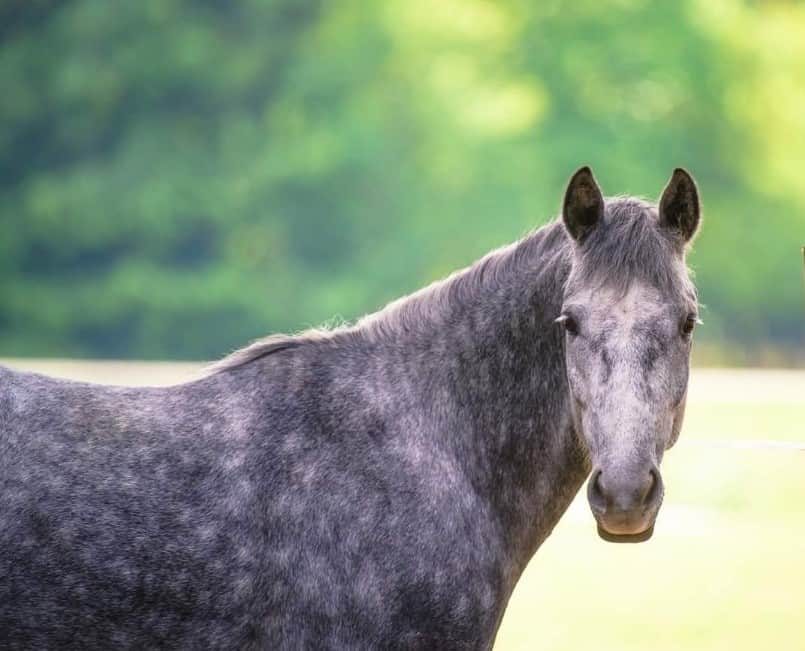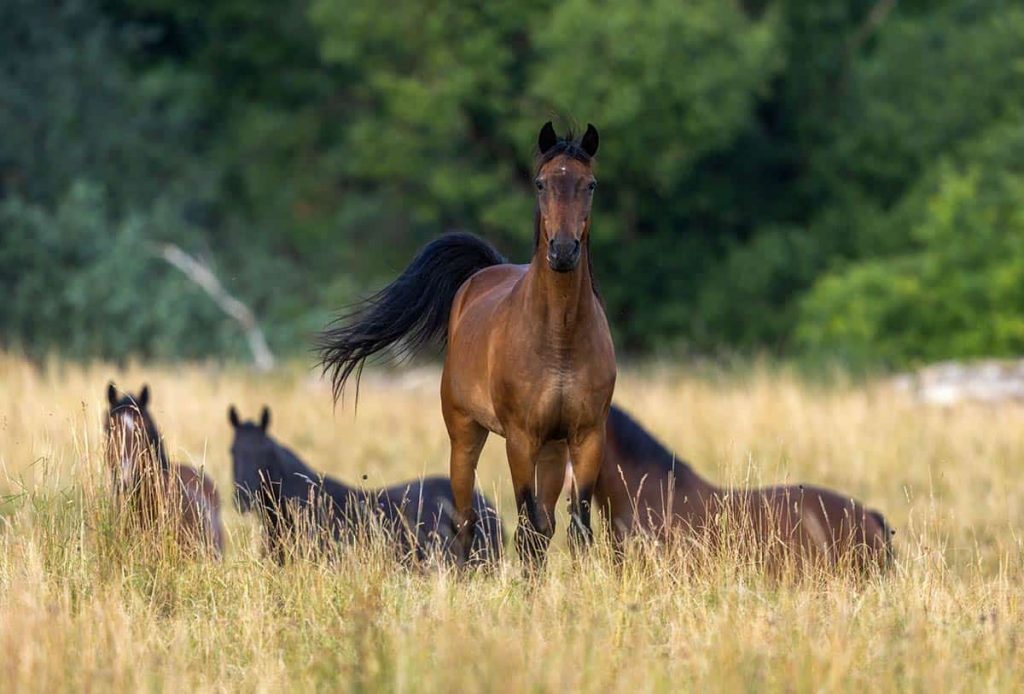
Mischief or Malady? Pain Behaviors in Ridden Horses
Pain behaviors in the ridden horse can range from subtle rhythm irregularities to bucking.

Pain behaviors in the ridden horse can range from subtle rhythm irregularities to bucking.

Researchers think certain sounds might reduce frustration behaviors in stalled horses.

After years of speculating that colic occurs more frequently in horses that crib, researchers have finally provided consistent data confirming this association.

Many situations horses face lead to chronic stress, which can result in changes in health and behavior.

What genes and coat colors are more likely to result in a spooky or reactive horse? Experts explain what we know about equine genetics and behavior.

Equine behaviorists apply a scientific lens and an analytic approach to solving behavior problems.

Can you see the signs of stress? Equine behavior experts share what to look for in your horse.

An equine behavior expert offers advice on raising and training an orphan foal to reduce future unwanted behaviors.

New research shows that veterinarians might need to allow several hours between transportation and testing for conditions such as PPID.

Learn about devices designed to measure equine athletes’ cardiac function and maximize performance.

Riders and owners might miss behavioral signs of pain in their horses. The RHpE is a scientifically validated tool for assessing pain in ridden horses.

Researchers are studying these behaviors and how they can affect equine health and welfare.

Discover a better way to manage stallions to help meet their social needs and improve welfare.

Dr. Robert Jacobs describes the potential effects of long-term NSAID use on the horse’s gut microbiome.

Dr. Robert Jacobs explains how variations in the equine gut microbiome might affect horse behavior.

Phytoestrogens in horse diets might have physiological effects on mares. An equine nutritionist explains how and why.
Stay on top of the most recent Horse Health news with
"*" indicates required fields